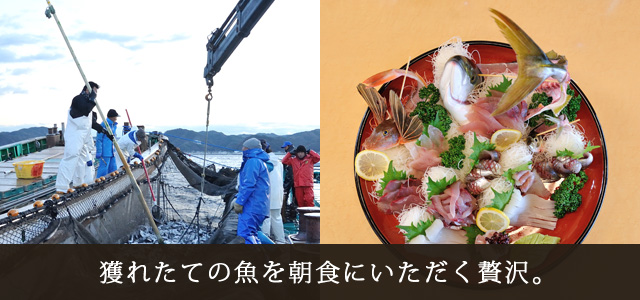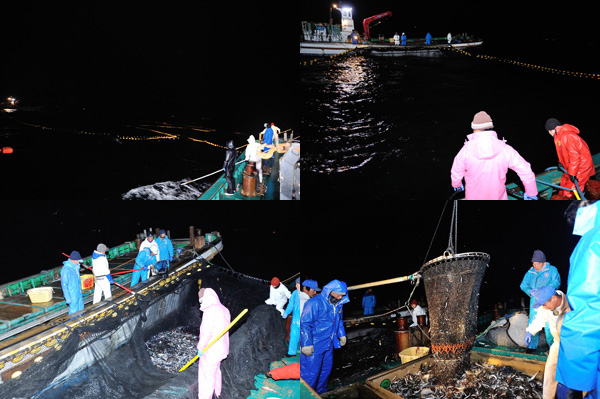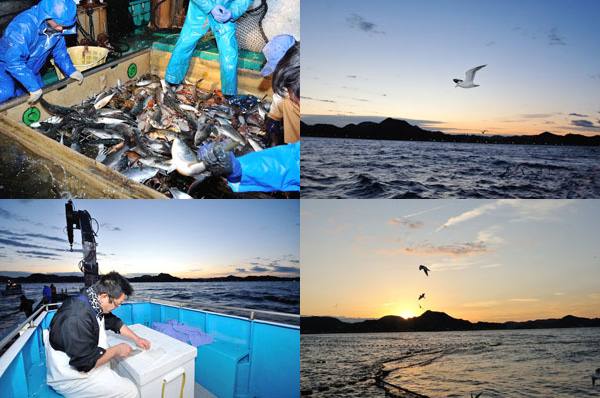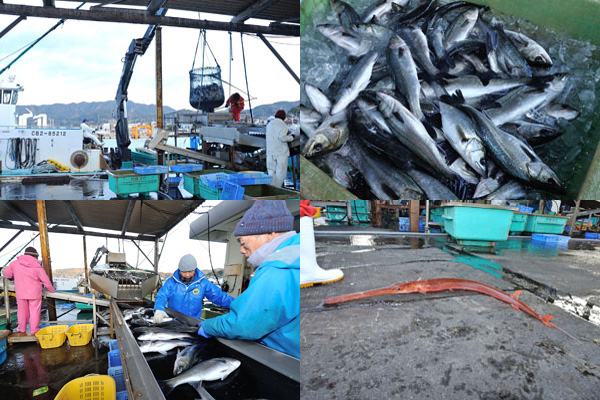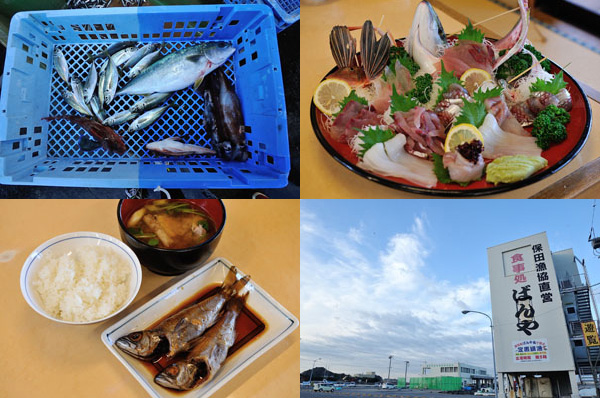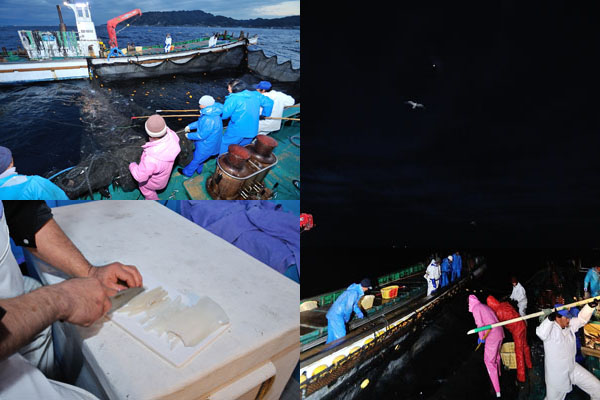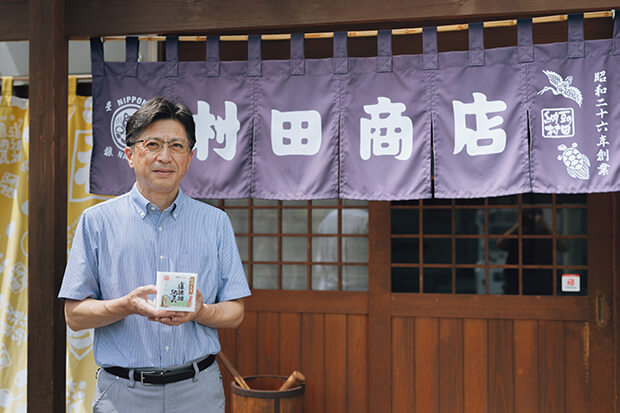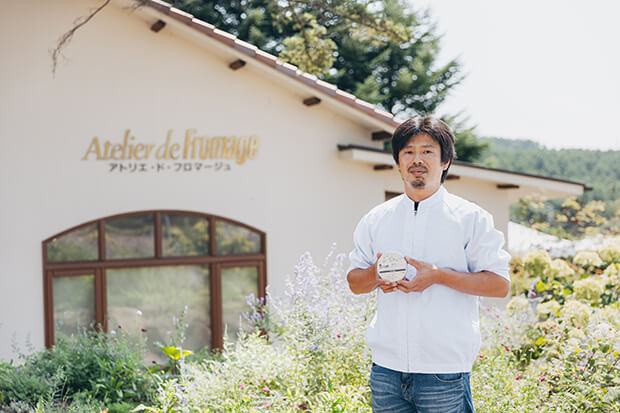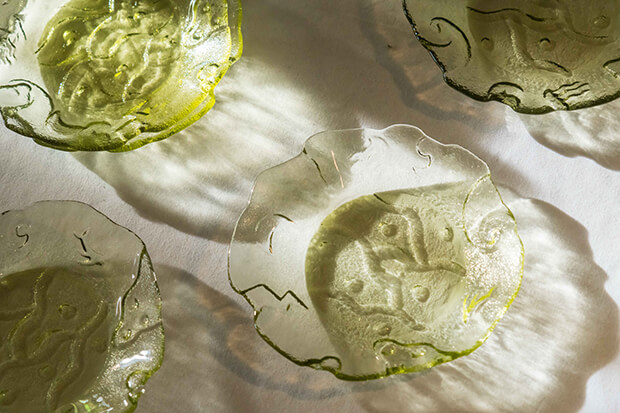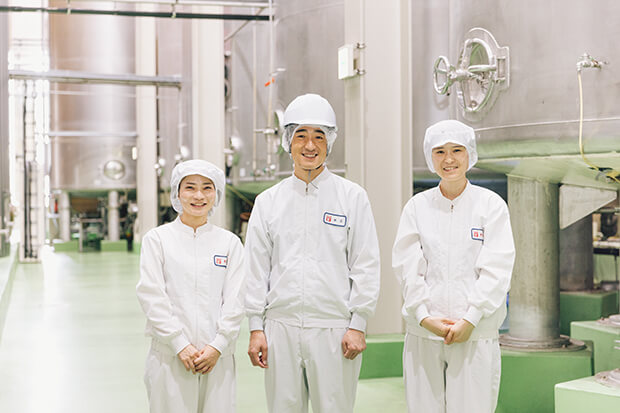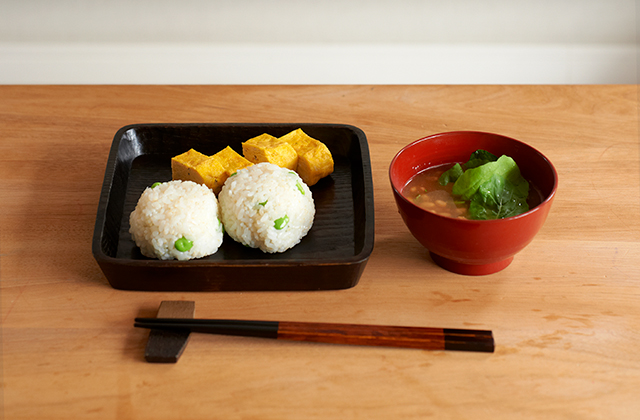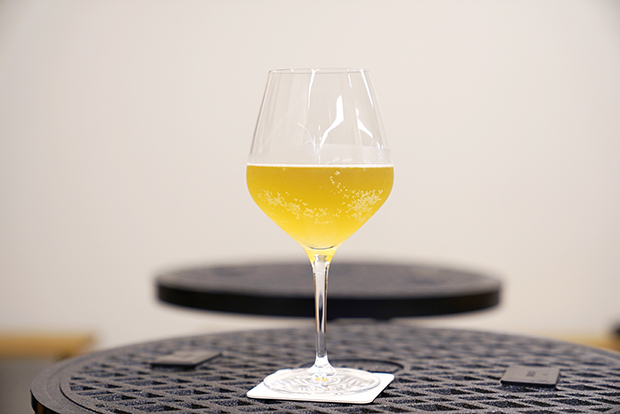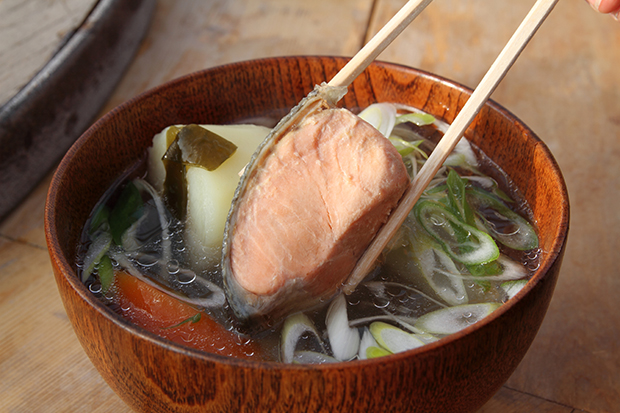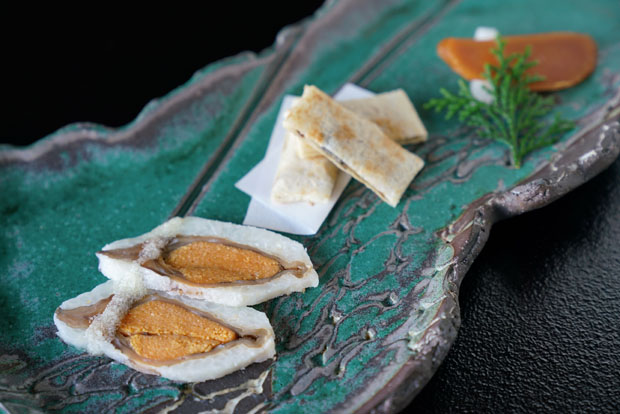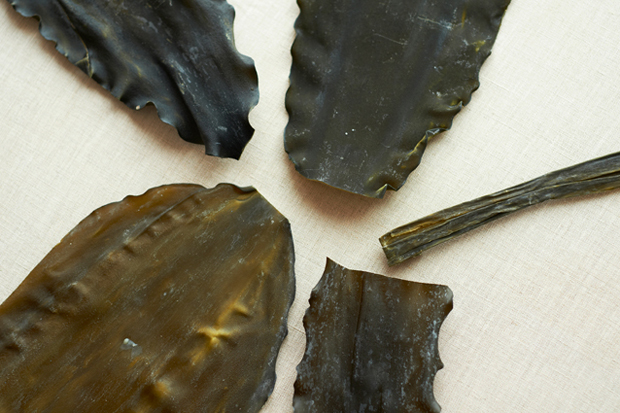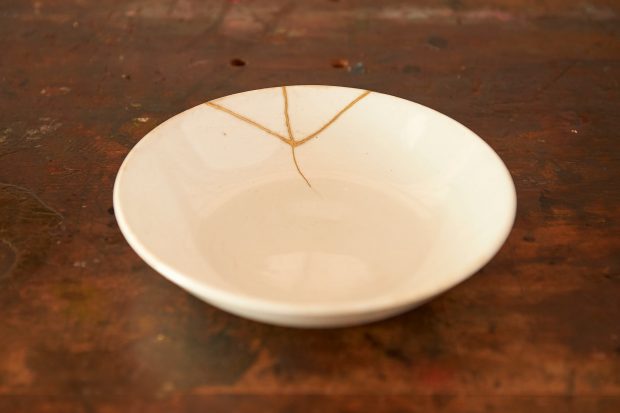Read more about 「Japanese & Fermented Culture」
-

Four Seasons at a Koji Outlet in a Seaside Town: Wintertime Miso Making with Kids
Jan 30,2025
-

Café Kanoya’s Fermented Deli Plate with Delicious Fermented Seasonings will Make You Smile
Jan 23,2025
-
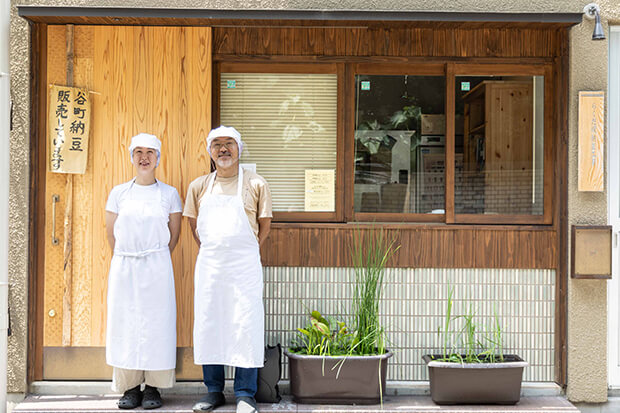
Craft Natto from Rakudazaka Natto Kobo Enthralls Even People Who Dislike Natto
Jan 16,2025
-
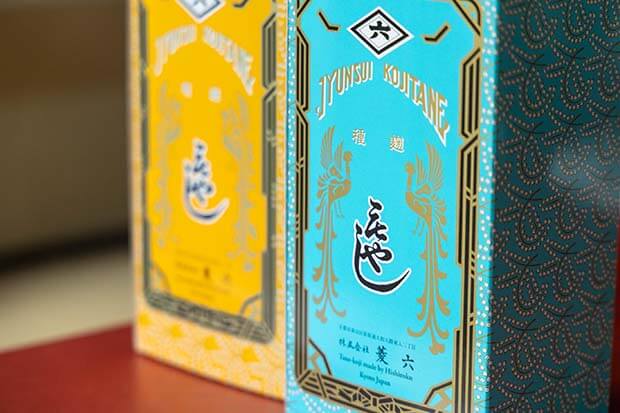
Sustaining Japan’s Fermentation Culture: What is the Seed Koji that Kyoto’s Venerable Hishiroku Moya
Jan 09,2025
-
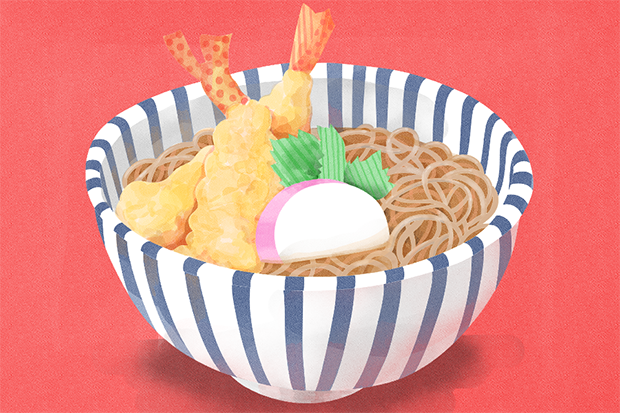
The Centuries-old Japanese Love Affair with Soba Noodles — and Why They’re Eaten on New Year’s Eve
Dec 26,2024
-
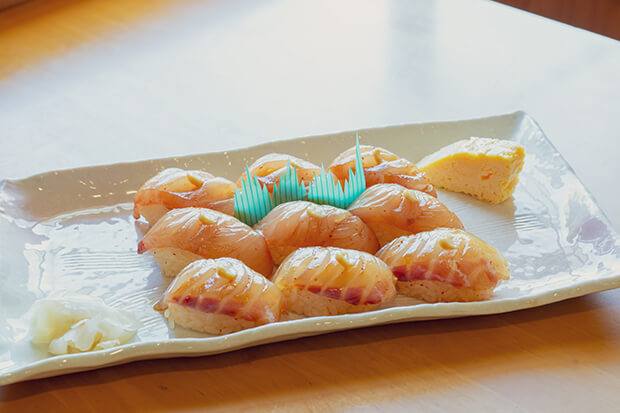
Part 5: A Tour of Niijima’s White Sandy Beaches and Food Culture of Shimazushi, Ashitaba, Kusaya, an
Dec 19,2024
-
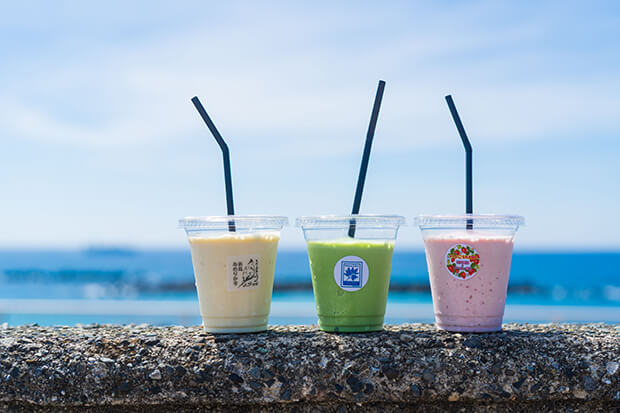
Part 4: Island Vegetable Shakes and Other Delicious Discoveries at Niijima Noukyo
Dec 12,2024
-
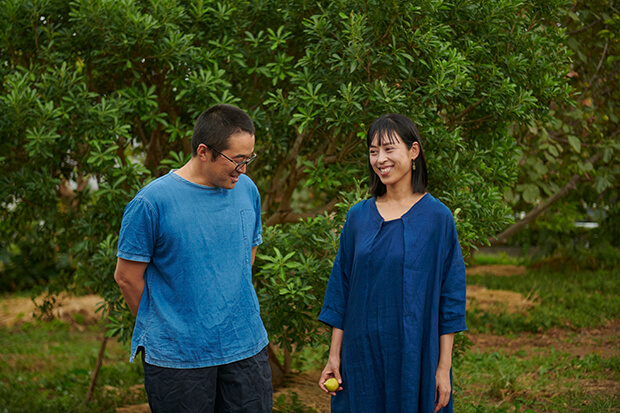
Four Seasons at a Koji Outlet in a Seaside Town: Using Koji-Based Seasonings to Add Color to Your Au
Dec 05,2024
-
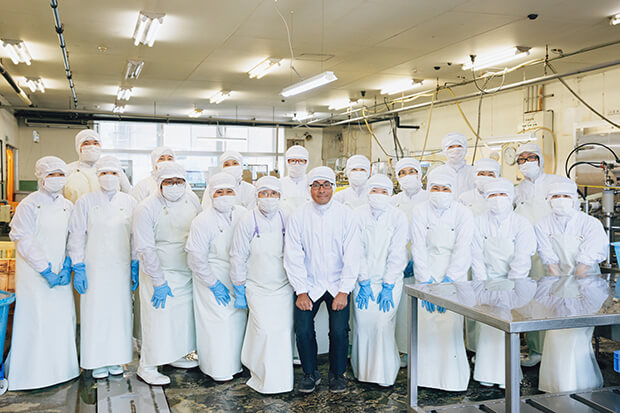
The Rich Tradition of Pickle-making That Emerged from Nagano’s Frigid Winters
Nov 28,2024
-
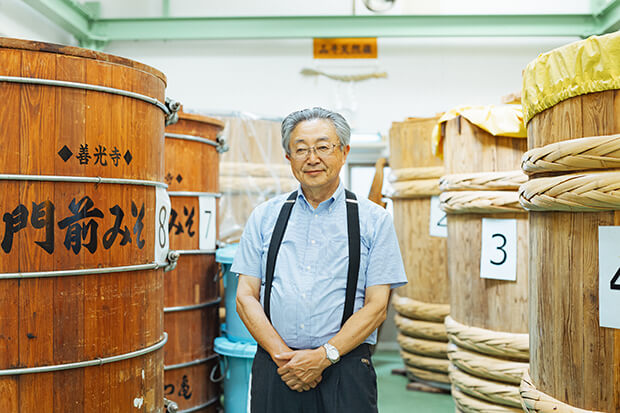
How a 120-year-old Miso Maker Remains True to Its Roots While Pushing the Boundaries of Miso
Nov 21,2024
